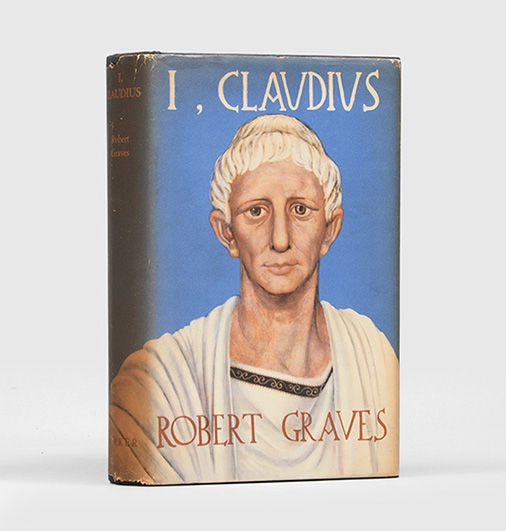

In fact, the historical work of Tacitus is the only source to suggest that Livia might have been responsible for many of these murders. According to the majority of historical sources, Livia may not actually have been responsible for many of these deaths. In order to achieve her political ambitions, Livia manipulates Augustus and is blamed for the deaths of numerous individuals, including Marcellus, Agrippa, Gaius, Lucius, Drusus, Medullina Camilla, Drusillus, Claudius’ grandfather, Augustus, and more. For example, in the first part of the book, Graves presents Livia as the primary villain of the work. Depending on whether or not it supports his characterization of a certain historical figure, Graves is extremely selective about which historical information he chooses to highlight in the text and which facts he chooses to omit. Graves’ writing only becomes historically inaccurate when it comes to the presentation of certain characters and their personal motivations. Yet, in general, Graves can largely be relied upon for accuracy when it comes to the general details of the time period. There are a few exceptions to Graves’ careful incorporation of fact for example, although Graves describes Claudius as suffering from infantile paralysis, historical documents assert that Claudius actually suffered from cerebral palsy. In particular, Graves is always careful to use accurate facts when describing the Julio-Claudian family tree, the order of ascension to the position of emperor, and general dates and deaths. With that in mind, it seems likely that Graves had every intention of constructing a historically viable text.Īs a result, many elements of the text are indeed historically accurate. Graves even claimed to have had a vision in which the real Claudius appeared in his dreams and begged Graves to tell the true story of his life.

All in all, it is clear that Graves intended for I, Claudius to be an accurate portrayal of Claudius’ life, rather than merely a fictional account. He also used historical documents overseen by the real Claudius and translations of some of Claudius’ letters in order to shape the historical context of the time period even more clearly. While writing the novel, Graves relied heavily on the histories of Tacitus and Suetonius. Although the entertainment purposes of Graves’ novel as a fictitious work cannot be overstated, it is still questionable whether or not the text can also be viewed as historically accurate. In addition to provide insight into Claudius’ character, the text allows the readers to view an inside perspective of the intrigues and plots that characterized the Roman Empire. Robert Graves presents I, Claudius as a personal autobiography written by Claudius himself.


 0 kommentar(er)
0 kommentar(er)
